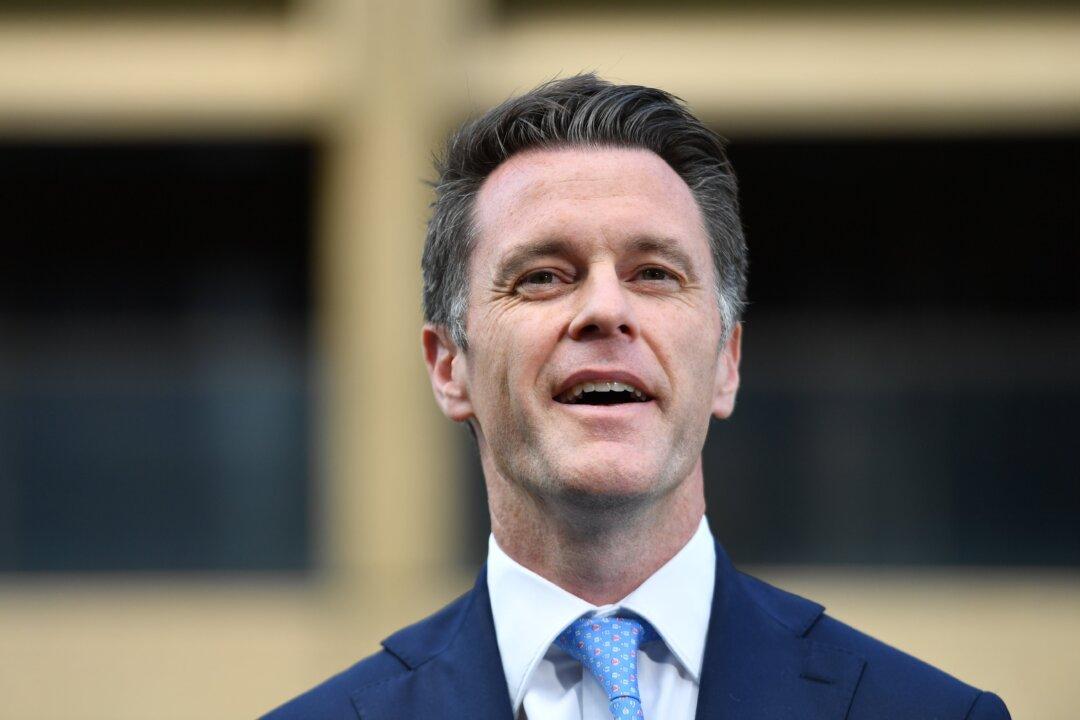New South Wales (NSW) Opposition Leader Chris Minns has expressed regret over a trip to China in 2015 that was bankrolled by an organisation linked to controversial political donor Huang Xiangmo whose close ties to the Chinese Communist Party (CCP) led Australia’s spy agency to cancel his visa and declare him unfit to hold an Australian passport.
“If you look back at it in reverse, I wish I'd changed many things,” Minns told 2GB Radio on Feb. 22.





